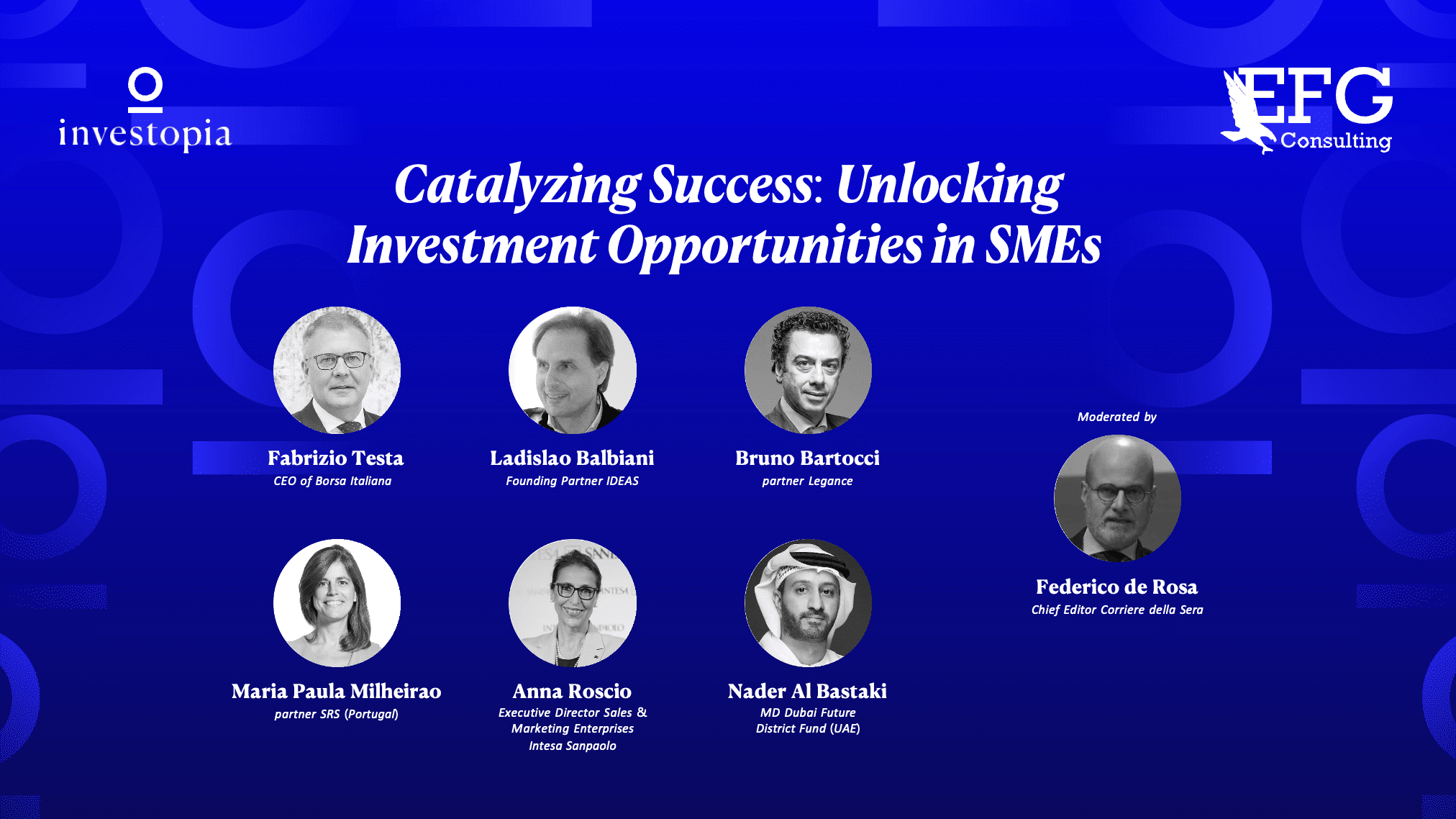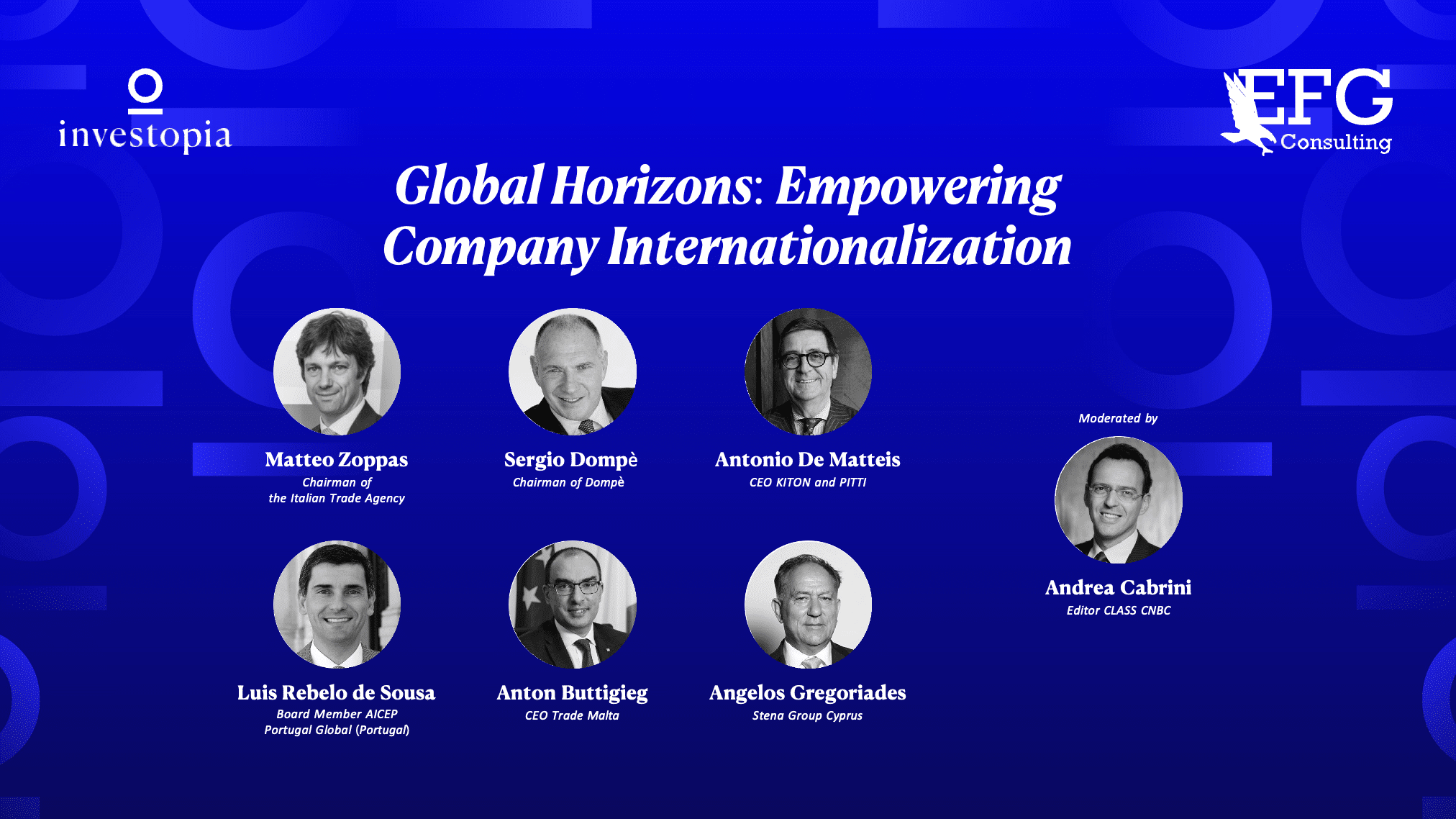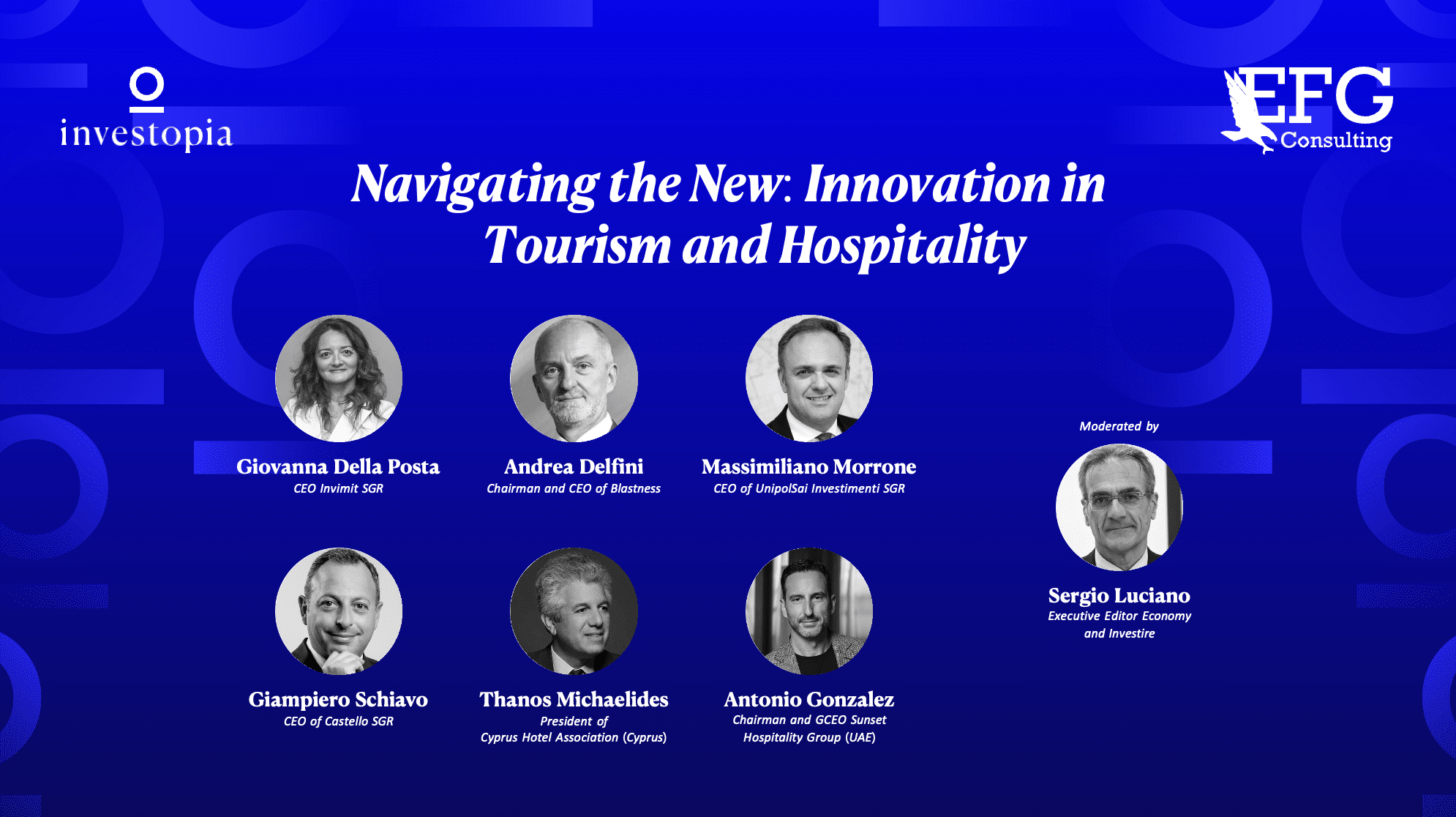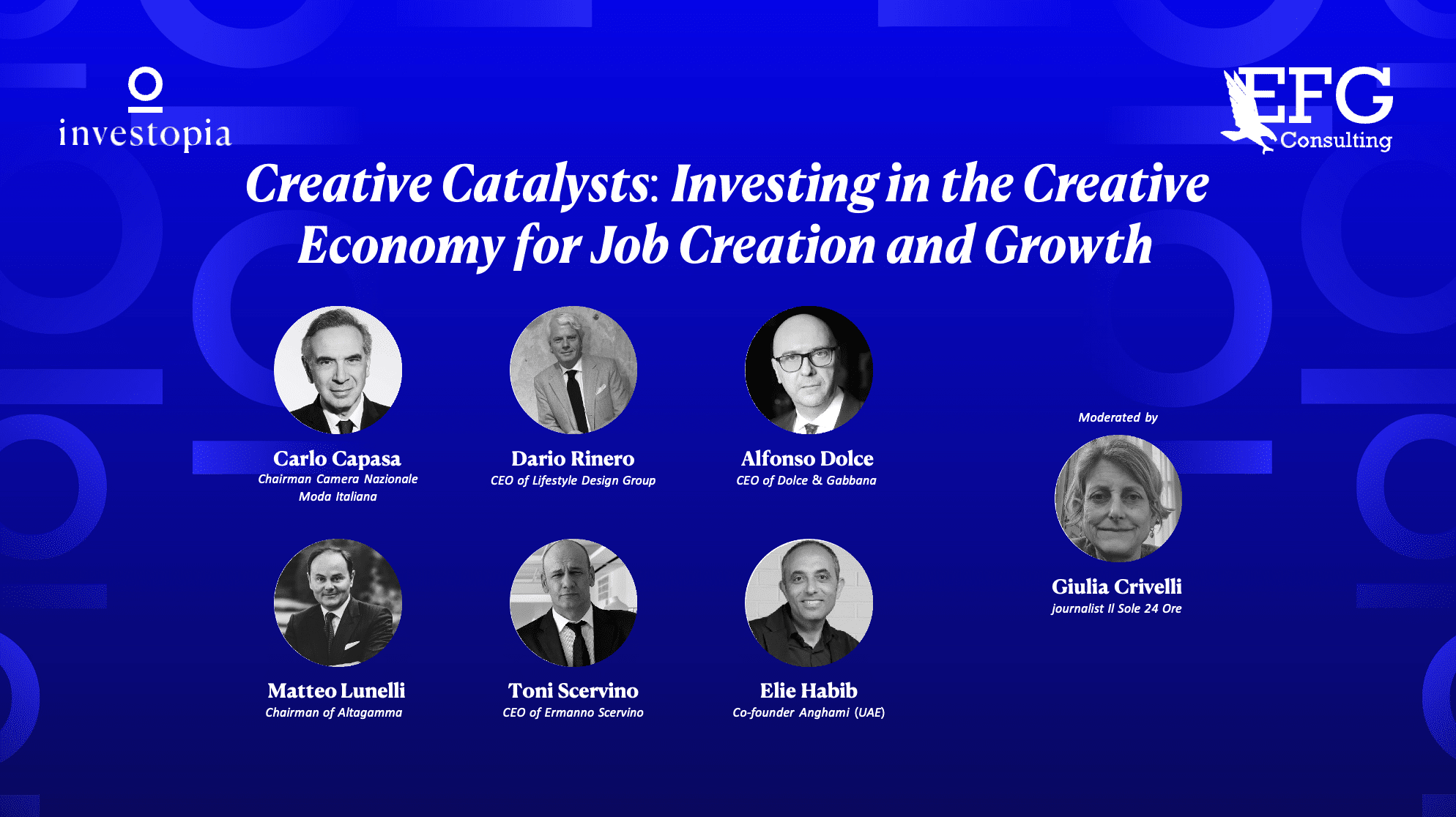Session Speakers:
Warning: Trying to access array offset on value of type bool in /nas/content/live/investopia/wp-content/plugins/oxygen/component-framework/components/classes/code-block.class.php(133) : eval()'d code on line 11
Share
Key Takeaways
- Leagues and clubs are seeking to engage more directly with their fans and capture their data to increase their share of revenues. By collecting data, teams can learn more about their fans and create personalized experiences, tailor marketing efforts, and develop new revenue streams.
- There are three main avenues for innovation in sports: player data, ticketing/stadium access, and fan engagement. This entails the use of technology to collect and analyze data on player performance; streamline the ticketing process and provide fans with more access to events and experiences; create personalized experiences, increase loyalty, and develop new revenue streams.
- Despite its potential, blockchain technology is still not widely adopted by the sports industry due to concerns over maturity and penetration, lack of established standards and regulations, and stakeholders not fully understanding the technology.
- Blockchain technology still offers unique opportunities for fans to engage with their favorite clubs and players in new ways by allowing them to invest in player performance, receive revenue shares, and own digital assets like NFTs.
Blockchain technology, including cryptocurrency and NFTs, has been increasingly adopted in the sports industry in recent years, with the potential to revolutionize the sector and generate new revenue streams. This was the focus of a panel discussion at Investopia’s The Transformative Power of Blockchain in Football panel, moderated by Leila Hurstel, founder of AllStarsWomen and Chief Metaverse officer at Verse Estate.
The panel included Federic Chesnais, Chairman and CEO of Crypto Blockchain industries; Max Robinovitch, Chief Strategy Officer of Socios.com; Remi Pellerin, Co-founder and CEO of Unagi; Raphael Jesus Contreras Chamorro, Vice-President of Cadiz CF, and Christophe Vattier, Co-Founder and CEO of Royaltiz.
One key takeaway was that the role of leagues and clubs is changing with the adoption of new technology, with a greater focus on engaging directly with fans and consumers. In the past, leagues sold rights to sponsors who were the link with consumers, but now clubs and leagues want to get in touch with fans directly and obtain their data.
However, the panel also noted that many blockchain technologies are not yet mature or widely adopted, so leagues and clubs remain cautious about their applications. Nonetheless, there are numerous opportunities to use technology to engage with fans and generate new revenue streams.
One area of potential innovation is in player data, with the panel highlighting the vast amounts of data available on players and the potential for this to be leveraged for revenue-generating activities. Another area is ticketing and stadium access, with data on who is in the stadium offering opportunities for engagement.
The panel also discussed how technology applications allow fans to engage with clubs and players in new ways, such as investing in players’ performance through the stock market. Managing the increasing flow of data on fans was noted as a challenge and opportunity for leagues, clubs, and investors.
Frederic Chesnais spoke about the transformative power of blockchain, noting that it offers greater transparency and security for trading assets such as Panini cards. Chesnais highlighted his company’s creation of 3D virtual worlds and the ability for fans to own seats in the virtual stadium through raffles or by uploading photos.
Raphael Jesus Contreras Chamorro noted the importance of using cryptocurrency in sports, with approximately 20% of club income currently being generated through cryptocurrency. Remi Pellerin highlighted his company’s Ultimate Champions platform, which offers fans the ability to earn rewards with real-world value through free-to-play fantasy football.
Max Robinovitch discussed the fan token and membership blockchain company Socios.com, which aims to create a revenue-driven membership experience that fills a market gap for such experiences. The panel noted that monetization and scalability are key challenges for clubs and leagues seeking to create membership and loyalty benefits for fans.
Christophe Vattier highlighted the immaturity of blockchain technology and noted that his company is not yet using it, instead opting for web2. Vattier suggested that blockchain technology may be more widely adopted and mature in one or two years to be used in the sports industry.
The panel agreed that blockchain technology offers great potential for innovation in the sports industry, but there are still challenges to be overcome in terms of adoption, maturity, and monetization. However, the opportunities for direct engagement with fans and the potential for new revenue streams mean that clubs and leagues will likely continue exploring the possibilities offered by blockchain and related technologies.









